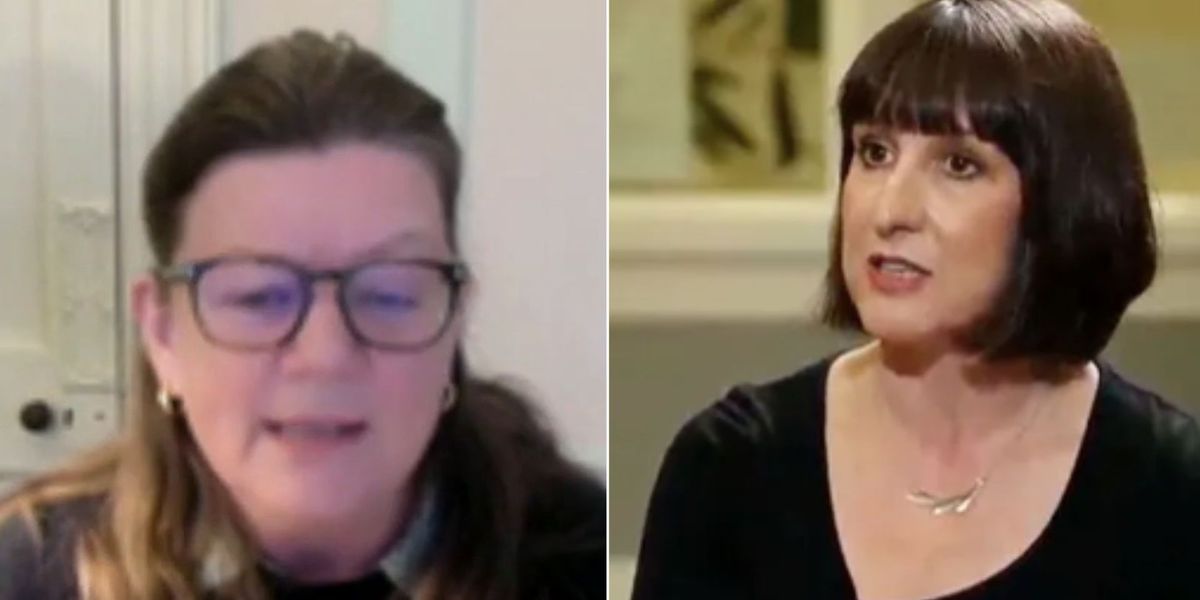The news from Ukraine is grave – to echo Churchill’s speech on the fall of France in 1940. Today the talk among advisers and analysts is less of possible victory for Ukrainians, but how they can avoid defeat.
This October, Russian forces have gained more ground in a month than at any time since their invasion in February 2022. They are closing on strategic junctions and towns at Kupiansk, Chasiv Yar and Vuhledar – and only embattled Pokrovsk is holding out. They are also squeezing the pocket of Russian territory taken earlier this summer round Kursk.
They are about to be joined soon by 3,000 highly trained North Korean soldiers, according to the Pentagon. South Korean intelligence suggests that a total of 12,000 North Koreans could be on the battlefront before the end of the year.
The downturn of Ukraine’s fortunes presents an immediate problem for Europe, Nato and, not least, the UK. The prospect of a Ukrainian collapse become more urgent with the outcome of the US presidential elections. Whoever wins on November 5th, there is a general acknowledgement across Nato’s European allies that there is going to be much less America in Europe from next year.
A Trump victory is likely to mean an immediate overture to Vladimir Putin to settle Ukraine on his own terms as there will be no more subsidies and support for Kyiv from Washington.
There is no indication that Mr Putin is any mood for talk at all – almost the reverse. He told President Alexander Vucic of Serbia early last month that he wouldn’t talk peace until “all the aims of the Special Military Operation” in Ukraine are achieved. This echoed his statement at a press conference with Viktor Orban of Hungary on July 5th, that he was against any form of ceasefire – as it would only allow Ukrainian forces to regroup and rearm.
Some sort of ceasefire is expected in the next few months – however temporary it may prove. Both sides are exhausted. Russian forces still rely on mass over ingenuity – waves of infantry supported by artillery. Russia lost at least 57,000 killed and injured in the first nine months of this year – and total casualties for both sides are now above one million – about 610,000 of those being Russian.
The scale of loss for Ukraine is all but unbearable. The Zelensky government is trying to raise a further 160,000 troops, and recruiting is not going well. Russian drones and standoff aerial bombs target civilian infrastructure and lately civilians in the open have been targeted by ‘kamikaze’ one-way drones.
Putin’s new model of subversion and soft conquest is Georgia
Managing a difficult aftermath of fighting in Ukraine is likely to be even more difficult than supporting the war effort, according to a senior British general deeply versed in the crisis. A form of on-off conflict in Ukraine is likely to last to 2030 and beyond. It is unlikely to become a classic “frozen conflict” like the Korean war since 1953 – but more a semi-freddo affair, bursting into sudden an unexpected life like several current conflicts in and around the Balkans and Caucasus.
Putin would like put Ukraine into the freezer altogether. In his geopolitical dream world Ukraine shouldn’t be sovereign and independent at all, let alone an ally of western Europe. It, its people and culture, are part of Russia – his Russia. However, even he must recognise the cost of a military campaign that ends in occupation and martial law for Ukraine is beyond Moscow’s capabilities.
According to two of the best analysts of the Caucasus I met in private conversation this week, Putin’s new model of subversion and soft conquest is Georgia. After the weekend elections, with the dodgy return of the Georgian Dream government, the drift to Europe and the EU has been checked. Tbilisi’s regime now reverts to a weak satrapy firmly in the Russian sphere of influence.
The same oblique approach to undermining elections and individual leaders can be seen in Moldova, and across the western Balkans – Montenegro and North Macedonia especially.
This is accompanied by a campaign of sabotage and subversion across western Europe, with Germany and Britain as prime targets, including arson at defence factories and facilities and attempted assassination of executives. It’s a plan to “cause general mayhem” according to MI5’s Director, Ken McCallum. Executives at Vodafone say they are concerned at the lack of public awareness. “It is already happening – the weaponisation of space and the continuing cyber attacks on vital communications and infrastructure, the targeting of underwater cables.”
Like the new “semi freddo” wars we in the UK are entering a state of “no war, no peace,” confrontation with Russia in space, cyber space, and information. Meanwhile, the frontline states of Nato, Poland, Finland, the Scandinavians and the Baltics are bracing themselves for the fallout of a bad peace in Ukraine and don’t believe Nato is in good shape for this.
This means for Britain the defence review due by March must be a more than a handy piece of stock taking, but more programme for fundamental reform. In the these new distracted times, the UK, too, is on the front line.
Robert Fox is defence editor













